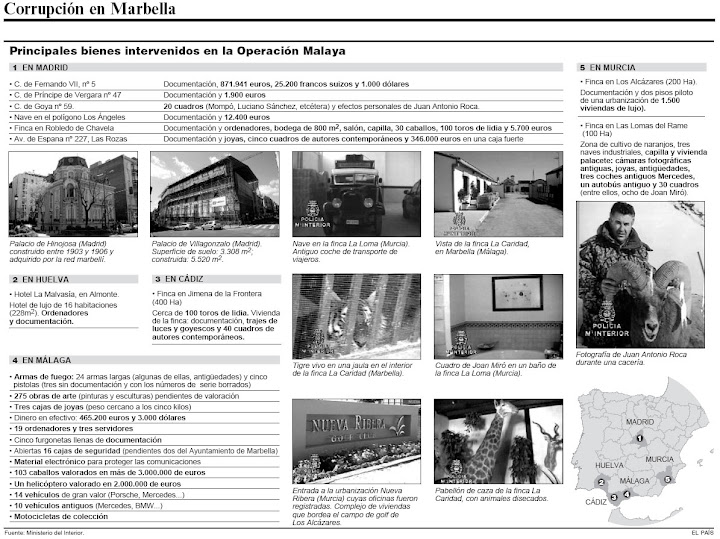The slain Libyan leader Moamer Kadhafi secretly spirited out of Libya and invested overseas more than $200 billion -- double the amount that Western governments previously had suspected, The Los Angeles Times reported late Friday. Citing unnamed senior Libyan officials, the newspaper said US administration officials were stunned last spring when they found $37 billion in Libyan regime accounts and investments in the United States. They quickly froze the assets before Kadhafi or his aides could move them, the report said. Governments in France, Italy, England and Germany seized control of another $30 billion or so. Earlier, investigators estimated that Kadhafi had stashed perhaps another $30 billion elsewhere in the world, for a total of about $100 billion, the paper noted. But subsequent investigations by US, European and Libyan authorities determined that Kadhafi secretly sent tens of billions more abroad over the years and made sometimes lucrative investments in nearly every major country, including much of the Middle East and Southeast Asia, The Times said. Most of the money was under the name of government institutions such as the Central Bank of Libya, the Libyan Investment Authority, the Libyan Foreign Bank, the Libyan National Oil Corporation and the Libya African Investment Portfolio, the paper pointed out. But investigators said Kadhafi and his family members could access any of the money if they chose to, the report said. The new $200 billion figure is about double the prewar annual economic output of Libya, The Times noted. Kadhafi, who lorded over the oil-rich North African nation for 42 years, met a violent end on Thursday after a NATO air attack hit a convoy, in which he was trying to escape from his hometown of Sirte. He survived the air strike but was apparently captured and killed after a shootout between his supporters and new regime fighters.









 07:38
07:38

 Posted in:
Posted in: 







